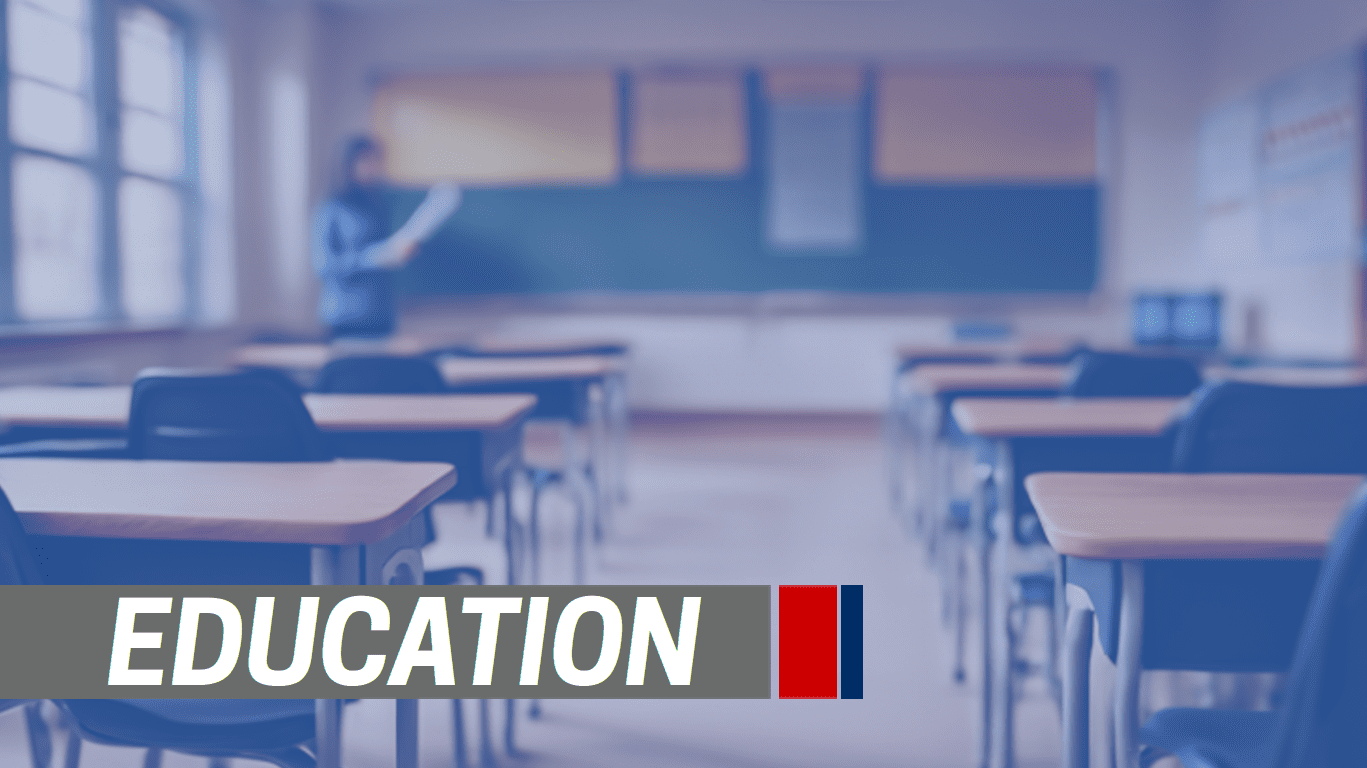The Tennessee Board of Regents has awarded grants to three community colleges to foster innovation in corequisite learning support models aimed at improving long-term student success. Corequisite learning support allows students to earn college credit while receiving additional support to ensure their success.
Selected through a competitive request for proposals (RFP) process, the awarded colleges and their projects include:
– **Chattanooga State Community College** – Launching Math Learning Labs. The math department will create a 1-credit-hour learning support lab for college-level math courses required for STEM majors. The lab will be taught by the same instructor as the college-level course whenever possible and will closely follow the same curriculum.
– **Nashville State Community College** – Navigating Tutoring in Learning Support. The college aims to increase tutoring availability for learning support students and embed tutoring in all learning support subjects through a new Tutor Navigator position and Targeted Tutoring.
– **Pellissippi State Community College** – Building Math Learning Communities. Pellissippi State will initiate math learning communities where students’ experiences in college-level and learning support math courses are seamlessly integrated, with additional support from Learning Environment for Academic Resourcefulness (LEARN) Labs.
These colleges will use the funding to design, implement, and test reforms to the delivery, timing, and alignment of corequisite support. They will collaborate closely with TBR staff to refine their innovations and develop robust evaluation plans to measure the impact on student outcomes.
This initiative is funded through a $230,000 grant awarded to TBR by the Education Commission of the States’ Strong Start to Finish project.
The new innovations will build on work that began a decade ago when Tennessee’s community colleges became the first statewide higher education system to implement the corequisite learning model. This model allows students to earn college credit during their first terms while also receiving the additional support they need. Prior to 2015, students who tested below college level in math or writing had to pass a non-credit learning support course before enrolling in for-credit college-level courses. The corequisite model doubled course success rates by allowing students to enroll in college-level courses alongside a corequisite learning support course. Despite improvements, some challenges persisted for students after completing their gateway courses.
To address these challenges, the Tennessee Board of Regents system is launching its Coreq 2.0: Accelerating Student Success through Corequisite Innovation and Math Alignment initiative.
In addition to the on-campus work at the three community colleges, TBR plans to build a Learning Support Community of Practice among faculty and advisors from all 13 community colleges, as well as representatives from partnering college access organizations. This community will serve as leaders in developing and sharing best practices in corequisite learning support. Members will engage in professional development through an online learning community during the 2024-25 academic year.
For more information about Strong Start to Finish, visit strongstart.org.
The College System of Tennessee is the state’s largest public higher education system, comprising 13 community colleges, 24 colleges of applied technology, and the online TN eCampus, serving approximately 140,000 students. The system is governed by the Tennessee Board of Regents.
Contact:
Richard Locker
615-366-4417
Published: 06/10/2024
Follow on Twitter: @CollegeSystemTN
Source: Read Original Release
Gov. Lee Highlights Tennessee Summer Learning Camps
Tennessee Governor Bill Lee visited summer learning camps in Obion and Cheatham counties to acknowledge teachers’ efforts in enhancing students’ reading skills as part of the state’s K-3 literacy strategy, which has expanded to include grades K-9 and demonstrated positive gains in math and English Language Arts.


